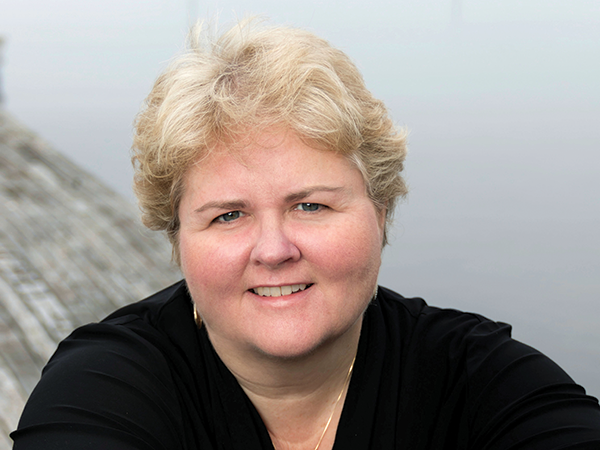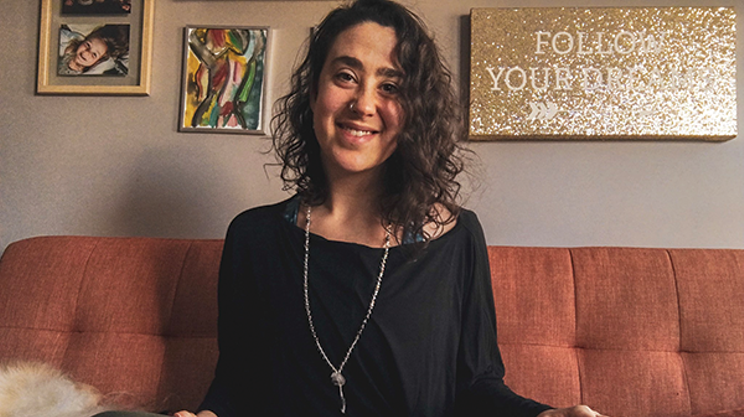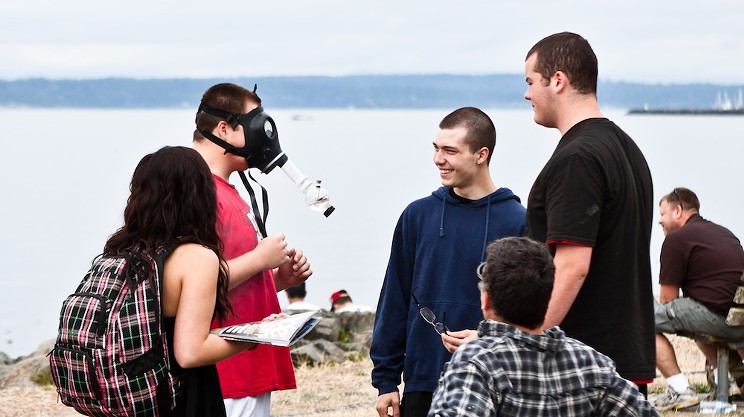Myrna Gillis is no stranger to the long haul. Her cannabis company, Aqualitas, finally got its sales license just last week. An exciting step in her journey that began to take shape on paper back in 2015, and in reality much longer than that.
For the Aqualitas staff of more than 50—most of them Nova Scotians, lots of them women—having their Liverpool-grown organic cannabis on shelves at the NSLC will be a milestone, an ode to their homegrown feel, hard work and sacrifice.
It's also an ode to Gillis herself. In the up-and-coming economy of cannabis moguls, white men stretch far and wide. Of 99 cannabis companies in Canada with public leadership details, only eight of them have women CEOs. One of those is Gillis.
To be a woman in a majority-male industry—or any minority for that matter—means you're always making up ground, she says. "Anybody in society that says that your gender, and your colour and your social standing doesn't necessarily have you start the race at a different part of the track," says Gillis, "is very naive."
Gillis learned while navigating the world of cannabis advocacy as a lawyer, and later cannabis entrepreneurship, that to be taken seriously she'd likely have to overcompensate "to ensure that people heard what I had to say, and have some respect for the views that I try to share."
She overcompensated with knowledge, becoming an expert in all things cannabis to earn a level of expertise to distinguish her from her peers. With her credibility sufficiently earned, she's dedicated her business model to surrounding herself with a diverse team. A simple strategy, with known positive results: A recent study found companies that have more diverse management teams have 19 percent higher revenue, thanks in part to the innovative ideas a multi-faceted team produces.
Stats like that boggle Gillis' mind. And have her asking why more companies aren't pushing for diverse leadership. Male entrepreneurs are twice as likely to raise $100,000 or more in outside funding for their startups than female entrepreneurs. So while we could push for more female entrepreneurs—which we do—we can also challenge the twice-as-likely men in leadership to step up, too.
"If you're not compelled by the morality of diversity and recognition of the importance of gender balance in your workplace, then you should be compelled by the economics of it," she says.
On the trope of being celebrated for being a woman CEO, and not just an exceptional human-being CEO, Gillis says she doesn't mind because she's adding to a shifting narrative that's actively challenging preconceptions.
"We say, look, the majority of our directors are women, the majority of the science, technical, engineering and mathematics positions at our company are occupied by women," says Gillis, and "we're trying to achieve standards of excellence." On the science side, Aqualitas has developed its own "aquaponic" growing method that uses fish and plants together in a low-waste symbiotic system. Such an innovative approach fits the corporate culture Gillis describes, where you can do things in a certain way, lean in to your differences "and still be very successful."
This determination and commitment to diversity—also known as a commitment to fiscal and economic success—earned Gillis one of the first three production licenses in Nova Scotia, and means she'll continue to grow, expand and innovate.
This growth, while giving her an immense sense of pride, in turn becomes an incredible sense of obligation and responsibility. When she looks at her company as an example of doing diversity and being successful, she asks: "Why aren't we doing it more? How do we ensure that momentum that diversity leads to is embraced, and that we all sort of collectively, raise all the boats?"




















